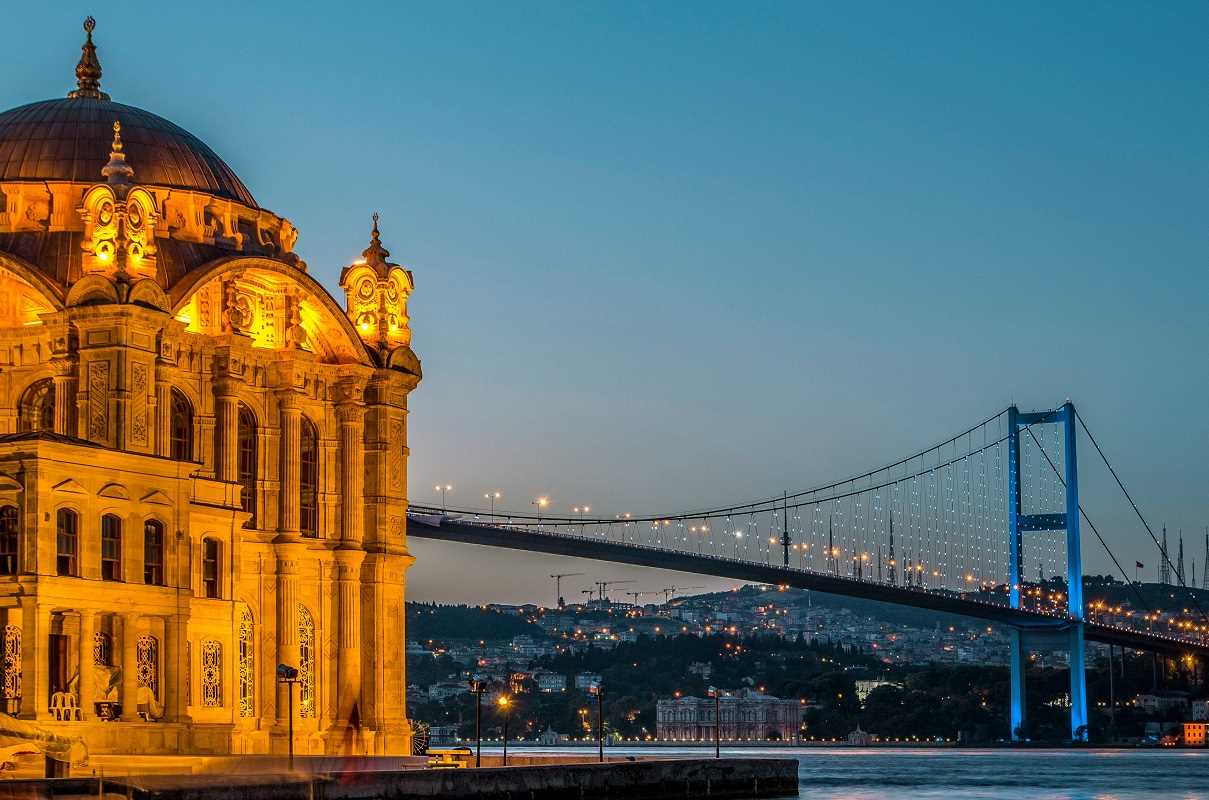Music has long been a powerful vehicle for change, resonating deeply with individuals and communities, inspiring collective action, and uniting people around shared causes. Its ability to transcend language, culture, and geographic barriers makes it a universal tool for advocating justice, equality, and human rights. From the Civil Rights Movement to contemporary struggles for climate action and social justice, music has played a pivotal role in amplifying voices, galvanizing support, and shaping history. Whether through protest songs, anthems of unity, or soundtracks for revolutions, music continues to be an influential force for social transformation, helping to inspire change across generations.
Protest Songs: Amplifying Voices of Change
Protest songs have historically been at the forefront of social movements, serving as rallying cries for those fighting against injustice.
- Historical Examples:
- Bob Dylan's "Blowin' in the Wind" posed questions about peace and equality during the Civil Rights and anti-war movements.
- Billie Holiday’s "Strange Fruit" shed light on the horrors of lynching and racial violence in America.
- The anti-apartheid anthem "Nkosi Sikelel' iAfrika" united South Africans in their struggle for freedom.
- Key Features of Protest Songs:
- Simple, repetitive lyrics for accessibility and collective singing.
- Themes of resilience, hope, and defiance inspire action.
- Universality, making them relatable across different movements and eras.
Unity and Solidarity Through Music
Music’s ability to foster a sense of community and solidarity is unmatched. In times of social unrest, it creates a collective identity among activists.
- Examples of Unity:
- During the Women’s Suffrage Movement, songs like "The Women’s Marseillaise" inspired courage and resilience.
- "Do You Hear the People Sing?" from Les Misérables became an unofficial anthem for protests worldwide, from Hong Kong to Chile.
- Mechanisms of Unity:
- Chants and Call-and-Response:
- Protest chants leverage rhythm and repetition to unify large crowds.
- Example: The iconic chant “We Shall Overcome” at marches during the Civil Rights era.
- Public Performances:
- Live performances by influential artists at protests or benefit concerts strengthen solidarity.
- Example: Live Aid concerts in 1985 united global audiences to fight famine in Ethiopia.
- Chants and Call-and-Response:
The Emotional Power of Music: Igniting Activism
Music’s profound emotional impact has long been a catalyst for social and political movements, sparking feelings of empathy, hope, anger, and determination. Its ability to evoke these strong emotions often inspires individuals to rally for causes and take meaningful action. Let’s delve into how music channels these emotions into activism.
Eliciting Empathy
Music fosters a deep sense of connection, helping listeners imagine themselves in others' shoes and understand their struggles.
- John Lennon’s "Imagine":
- This timeless anthem depicts a world united by peace and harmony.
- Lyrics like “Imagine all the people living life in peace” encourage reflection on societal ideals and inspire collective hope for a better future.
- Bruce Springsteen’s "Born in the U.S.A.":
- Though often misunderstood as a patriotic anthem, this song highlights the hardships faced by working-class Americans, particularly Vietnam War veterans.
- Its raw storytelling evokes empathy for those marginalized by societal and economic systems.
- Why Empathy Matters:
- By shedding light on overlooked perspectives, empathetic songs motivate listeners to support social justice initiatives and create change.
Rallying Determination
Music’s ability to channel anger and frustration into a collective call to action is unmatched. It often rallies individuals to stand against injustice.
- Rage Against the Machine’s "Killing in the Name":
- This powerful track is a defiant anthem against systemic oppression and police brutality.
- Its explosive energy and unapologetic lyrics, such as “F** you, I won’t do what you tell me,” resonate with youthful rebellion and resistance.
- The Chilean Feminist Anthem "Un violador en tu camino":
- Created by the collective Las Tesis, this song and performance art piece became a global symbol of resistance against gender violence.
- The lyrics directly confront systemic patriarchy and sparked viral performances worldwide, uniting women in their fight for equality.
- How Determination Fuels Change:
- These rallying cries empower individuals to join protests, advocate for reform, and challenge systemic injustices.
- Music’s emotional resonance transcends boundaries, uniting people through shared feelings of empathy and determination. By evoking these powerful emotions, songs inspire individual reflection and mobilize communities to fight for meaningful change. Whether through quiet contemplation or fiery rebellion, the emotional power of music continues to ignite activism across generations.
Intersectionality and Representation in Music
Music provides a platform for marginalized voices, highlighting intersectional struggles and promoting inclusivity.
- Amplifying Marginalized Voices:
- Nina Simone’s "Mississippi Goddam" expressed the frustration of African Americans during the Civil Rights Movement.
- LGBTQ+ anthems like Lady Gaga’s "Born This Way" celebrate diversity and acceptance.
- Fostering Representation:
- Indigenous musicians such as Buffy Sainte-Marie use their art to preserve cultural identity and advocate for Native rights.
- Modern hip-hop often tackles themes of systemic racism, police brutality, and economic inequality.
Resilience and Perseverance in Activism
Music is a source of strength for activists, helping them endure the challenges of long-term struggles.
- Inspirational Lyrics:
- Songs like "Keep Your Eyes on the Prize" kept spirits high during grueling Civil Rights protests.
- "I Will Survive" by Gloria Gaynor became an anthem for resilience during the LGBTQ+ rights movement.
- Morale Boosting:
- During labor strikes, folk songs like "Solidarity Forever" rallied workers and bolstered their resolve.
Modern Applications: Music in Today’s Activism
Music continues to evolve as a tool for contemporary activism, adapting to modern platforms and issues.
- Digital Distribution:
- Streaming platforms and social media amplify protest songs, making them accessible to global audiences.
- Example: Childish Gambino’s "This Is America" went viral for its raw portrayal of systemic racism.
- Crowdsourced Movements:
- Protest playlists on platforms like Spotify unite listeners with curated tracks symbolizing resistance.
The Global Reach of Protest Music
Protest music transcends borders, illustrating shared struggles and fostering global solidarity.
- Regional Examples:
- "Bella Ciao," an Italian anti-fascist song, has been adapted for movements worldwide.
- In India, songs in regional languages play pivotal roles in protests against oppressive policies.
- Global Movements:
- International collaborations between artists, such as "We Are the World", emphasize collective responsibility.
Challenges and Critiques
While music is a powerful force for change, it is not without limitations or controversies.
- Commercialization:
- Critique: Some argue that protest songs lose authenticity when co-opted for commercial gain.
- Example: Iconic tracks used in advertisements risk diluting their original messages.
- Censorship:
- Governments often suppress protest music to quell dissent.
- Example: The banning of Victor Jara’s revolutionary songs in Pinochet’s Chile.
Looking Ahead: Music’s Role in Future Activism
Emerging technologies and societal shifts will shape music’s influence on activism in the coming decades.
- Integration with Technology:
- Virtual reality (VR) concerts could create immersive protest experiences.
- Blockchain might enable artists to protect their protest music from censorship.
- Youth Engagement:
- Music-focused social media apps like TikTok are already becoming platforms for political expression.
The Enduring Power of Music
Music remains a timeless and universal tool for social movements and activism. Its ability to inspire, unite, and empower is unparalleled. From historical anthems like "We Shall Overcome" to modern protest songs like "This Is America," music has proven its resilience and adaptability to evolving challenges. By harnessing its emotional, cultural, and social power, music will continue to shape the social justice narrative and inspire future generations.
 (Image via
(Image via





